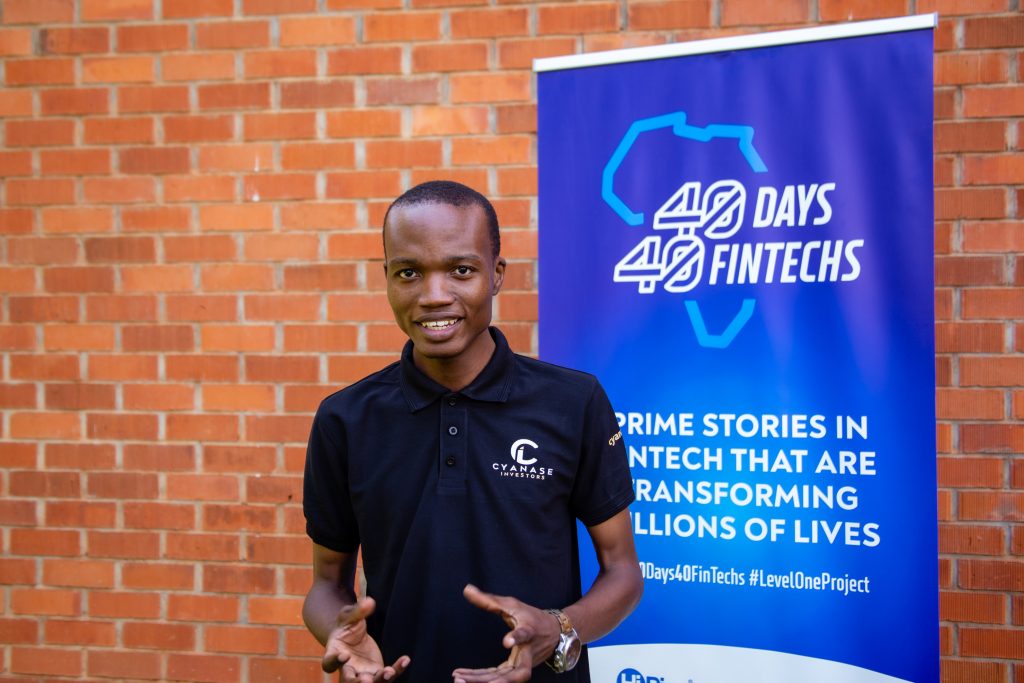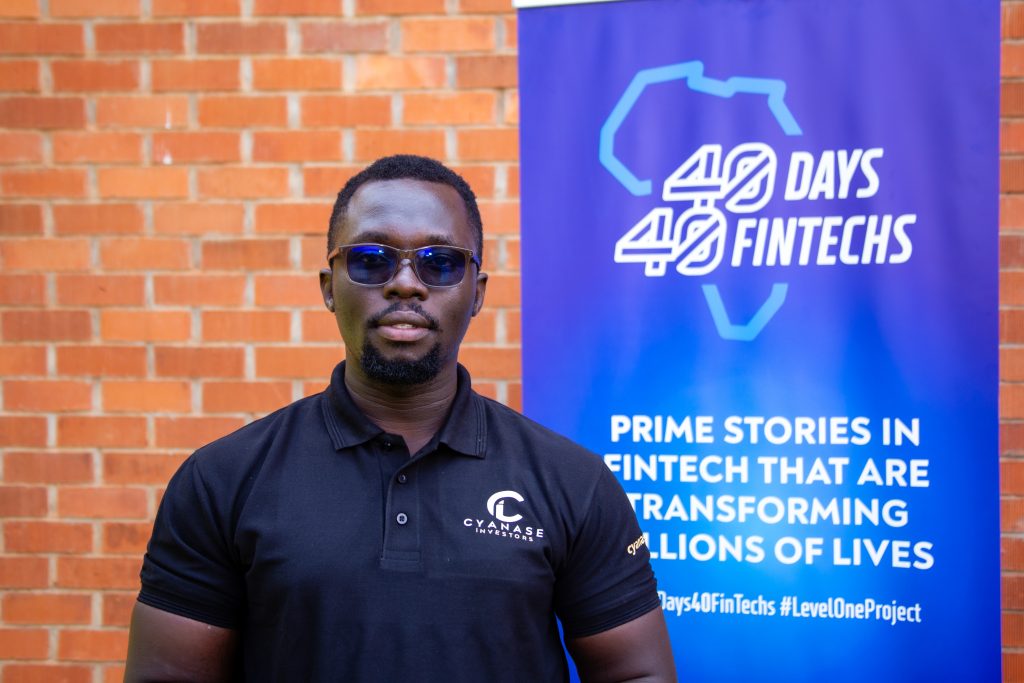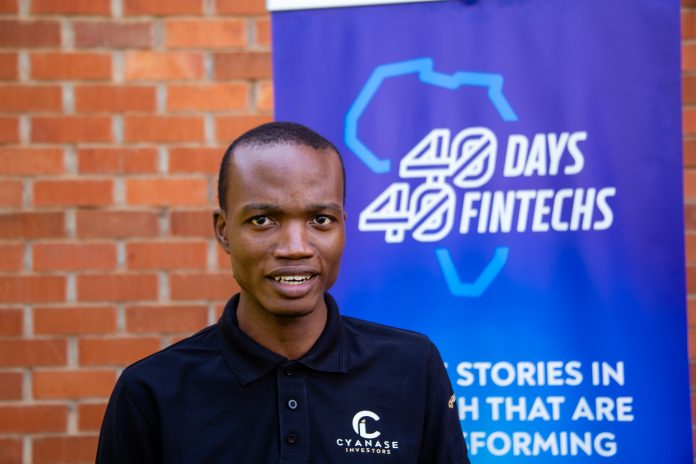With the world swiftly shifting into cashless economies, one of the areas of concern is digital trading and investment. Many people are still sceptical of digital phenomena such as cryptocurrencies and even Mobile Money.
Other people are out there with lots of money and ready to invest it digitally but lack the know-how. With these challenges in mind, some young Ugandan innovators developed an investment infrastructure for the Internet where they ably aggregate different investment options from different countries into a single API (Application Programming Interface).
According to John Vianney Wasswa, a co-founder and CEO of Cyanase Investors, the goal behind this innovation is to make investing accessible to everyone including the underdeveloped markets.
“Any fund manager, FinTech, or bank can access investment options that will help it grow. We provide three key products,” he says.
“One, we have a Mobile App that people can download and use. We also have a web platform that can be accessed online via Cyanase.com. We also developed an API specifically for FinTechs and Banks that want to offer investment services to their customers.”

Wasswa notes that with their technology, they strictly look out for licensed fund managers and investment firms who are required to sign contracts and financial agreements to fork their technology into the company’s existing investment products.
“We work hand in hand with the Bank of Uganda, as our start-up is currently under the Bank of Uganda regulatory sandbox. We do our best to ensure that all the money we process is fully protected and secure.”
On the other hand, Mark Obini, the Chief Marketing Officer of Cyanase Investors adds that before enrolling players for this platform, they prioritize training and sensitization because truly many potential digital investors do not know what to do and whom to trust.
“We have mainly worked with students in big numbers but as time goes on, we have seen a lot of people in the working class picking interest in this platform,’ he says.
“Currently, we have about 1,800 registrations and downloads of the application. This involves students and other working-class individuals. We have different categories such as Saccos and investment groups that can still use this platform to practice investments,” he adds.
At the moment, Obini says they are working to have their product integrated into MTN Mobile Money and Airtel Money platforms.
“We are looking forward to registering our company with them so that they can include this investment feature in their applications and mobile money options.”

There is also a plan to ensure that people who don’t have smartphones and can’t access the internet can practice investments by using the USSD codes on their feature phones.
40 Days 40 FinTechs
Cyanase Investors are the 14th participants in Season Four of the 40 Days 40 FinTechs initiative organized by HiPipo to shine a light on emerging Financial Technology companies and their impact on society, especially on the people at the bottom of the pyramid.
“I would like to appreciate the 40 Days 40 FinTechs initiative for making the FinTech sector thrive. We feel like the idea of coming to capture what we do is something that will make us known to the world and also help us improve our product,’ Obini says.
The 40 Days 40 FinTechs initiative has over the past three years helped more than 100 participating FinTechs benefit from the useful tools and an introduction to the industry’s emerging technologies such as Mojaloop Open Source Software, and guidance from Level One Project foundational material.
The initiative is organized by HiPipo in partnership with the Level One Project, Mojaloop Foundation, INFITX, Cyberplc Academy, Ideation Corner, and Crosslake Technologies with support from the Bill and Melinda Gates Foundation.
According to Innocent Kawooya, the HiPipo CEO, Cyanase is a start-up with the potential to have a great impact on society.
“We can see that they are providing service from multiple players in one place through an open API. This is what we keep advocating for to ensure different players can use the same infrastructure for mutual benefits,” he said.




